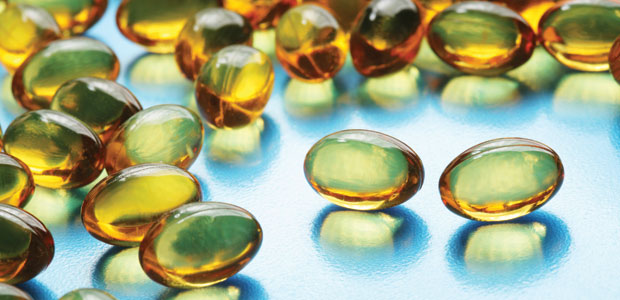Advertisement
Postoperative Healing
No one wants to go under the knife, but surgery is sometimes necessary and unavoidable. Undergoing a surgical procedure can trigger a significant amount of stress on the body. Specifically, research has shown that the gastrointestinal and immune systems become weakened after surgery, leaving the body open to infection. In hospital settings minimizing the risk … Continued

No one wants to go under the knife, but surgery is sometimes necessary and unavoidable. Undergoing a surgical procedure can trigger a significant amount of stress on the body.
Specifically, research has shown that the gastrointestinal and immune systems become weakened after surgery, leaving the body open to infection. In hospital settings minimizing the risk of postoperative infection is of the highest concern.
Thankfully, there are natural approaches that can be taken, both before and after surgery, to speed up healing time, decrease inflammation and pain, and improve the overall quality of life for the recuperating patient.
Eat Well
The quality of food we eat has a significant effect on healing time and inflammation. Poor nutrition, either before or after surgery, has a negative effect on recovery. Avoid refined flours, sugar, red meats, alcohol, and coffee as they can suppress immune system function and promote inflammation.
It is important to consume nutrient-rich, high-antioxidant, anti-inflammatory foods, such as organic fruits and vegetables, cold-water fish, whole grains, nuts, and seeds to help your body deal with the stresses of surgery. For the patient unable to swallow whole food freshly made juices, vegetable broths, and pur? soups are all good choices.
If a loved one is in a hospital where the food does not meet the above criteria, you may be able to bring in homemade meals after clearing it with the hospital and physician.
Supplement Wisely
There are a variety of supplements that have been shown to decrease inflammation and strengthen immune system response.
- Vitamin C is necessary for proper immune system functioning.
- Vitamin A plays a vital role in postoperative wound healing.
- Selenium is necessary for the immune system and to prevent infection. Selenium deficiency has been reported in patients following gastrointestinal surgery.
- Glutamine is an amino acid necessary for optimal digestion. During times of stress, glutamine levels can drop, leaving patients immunocompromised. Two controlled trials have shown that the use of glutamine-enriched IV formulas, providing approximately 20 g of glutamine per day, resulted in increased immune cell activity and shorter hospital stays.
- Bromelain is an enzyme found in pineapple that reduces postoperative bruising and swelling.
- Fish oils have been shown to reduce inflammation and boost immune system response. Talk to your doctor before taking fish oils if you are on blood-thinning medication.
In addition to the above recommendations, and when the patient feels ready, both acupressure and acupuncture have been shown to be helpful in reducing postoperative nausea and healing time.
No patient should smoke or be around second-hand smoke, before or after surgery, as it is widely believed to increase the risk of infection.
As with all medical procedures, talk to your doctor about your plan of action, pre- and postsurgery. By implementing the steps above, practising stress-management techniques, and sleeping well, you will help set the stage for a faster recovery.




